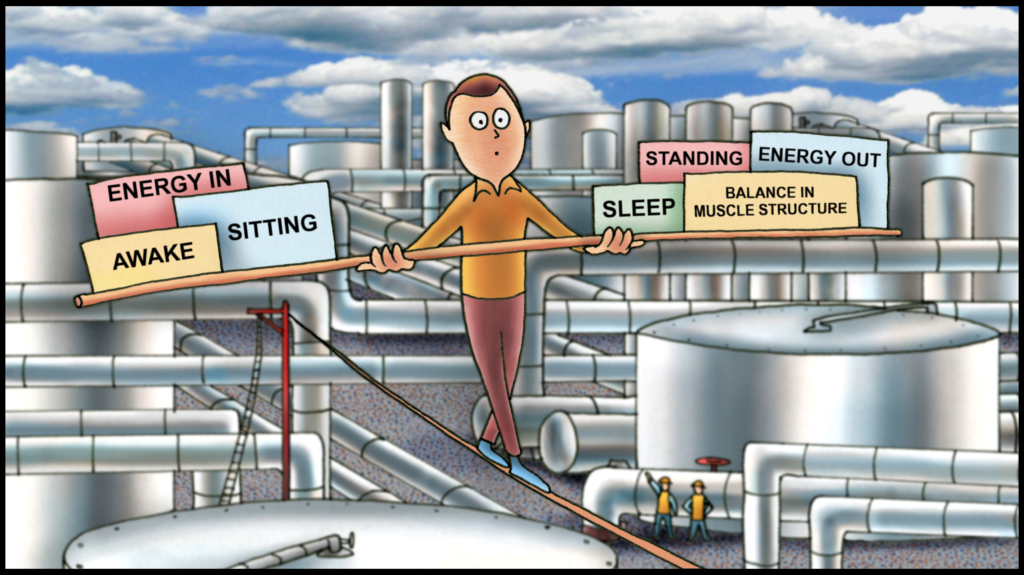I’ve heard it said that common sense is not so common. No one is born with it, but it can certainly be developed over time. Common sense is a type of practical decision-making that includes the ability to consider the consequences of decisions made. Using all the information available and knowledge gained from previous experiences in making good choices is generally considered common sense practice. It’s never too late to seek wisdom and knowledge in developing common sense.
How does common sense apply to personal health? Since 2001, the World Health Organization has projected that lifestyle-induced disease would increase worldwide year after year, and by 2020 would represent nearly 60% of the global morbidity and mortality rates. Lifestyle-induced diseases are produced by the choices we make on a regular basis. These diseases, such as cardiovascular disease, cancer, chronic respiratory disease, and diabetes result mainly from risk factors related to individual behavioral patterns such as unhealthy diets, lack of exercise, and the abuse of tobacco and alcohol. The research tells us that over half of Americans are not making good choices when it comes to managing their health. Most of us will agree that caring for our health and maintaining a strong immune system becomes even more important during a pandemic.
Each of us bears the responsibility for our own health habits. Because there is a great need for solutions to health related problems, fitness experts and entrepreneurs are constantly devising new ways to solve these problems, or at least sell you the book on their innovative method. Rather than jump on the latest and greatest bandwagon, using common sense to focus on the basics may lead you to a more balanced approach to caring for your body.
What are the basics of good health?
- Food – Choose protein, vegetables and fruit that contain the nutrients and fiber a healthy body requires. Avoid excess. Drink at least 2 liters of filtered water each day.
- Exercise – walk outdoors, preferably, 20-30 minutes most days. Walking outdoors is also an ideal way to relieve stress. The Pipeline Performance Group Alertness Cards provide examples of simple exercises and stretches that can be done at your desk or in your home.
- Sleep – Make time for quality sleep, 7-9 hours, in each 24-hour cycle. Develop a routine that provides the rest your brain and body need to function optimally.
- Engagement – stay engaged with people – walk together, share words of encouragement with others, share a meal, listen to music with family and friends. Be creative!
Good health habits should be simple, not burdensome. Consider your options and make a good decision to strengthen yourself today.
References:
- https://www.who.int/nmh/publications/ncd_report_chapter1.pdf
- https://www.who.int/nutrition/topics/2_background/en/
MANAGING FATIGUE EDUCATIONAL PROGRAM | Scarlet Knight © 2020 Please Distribute to Others




